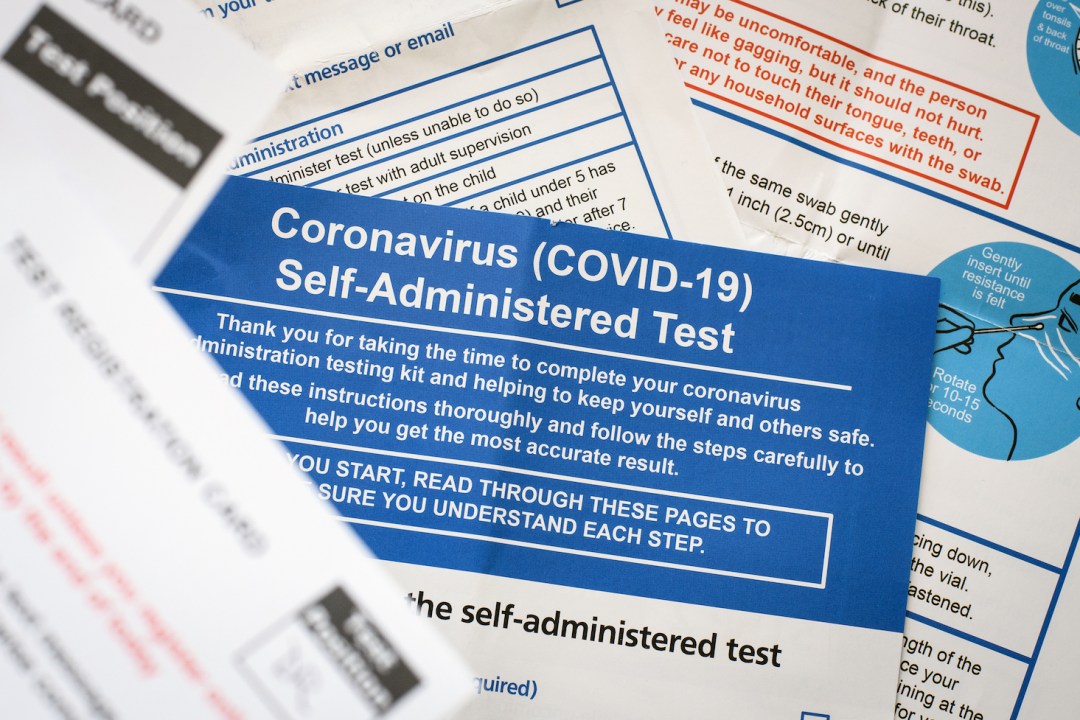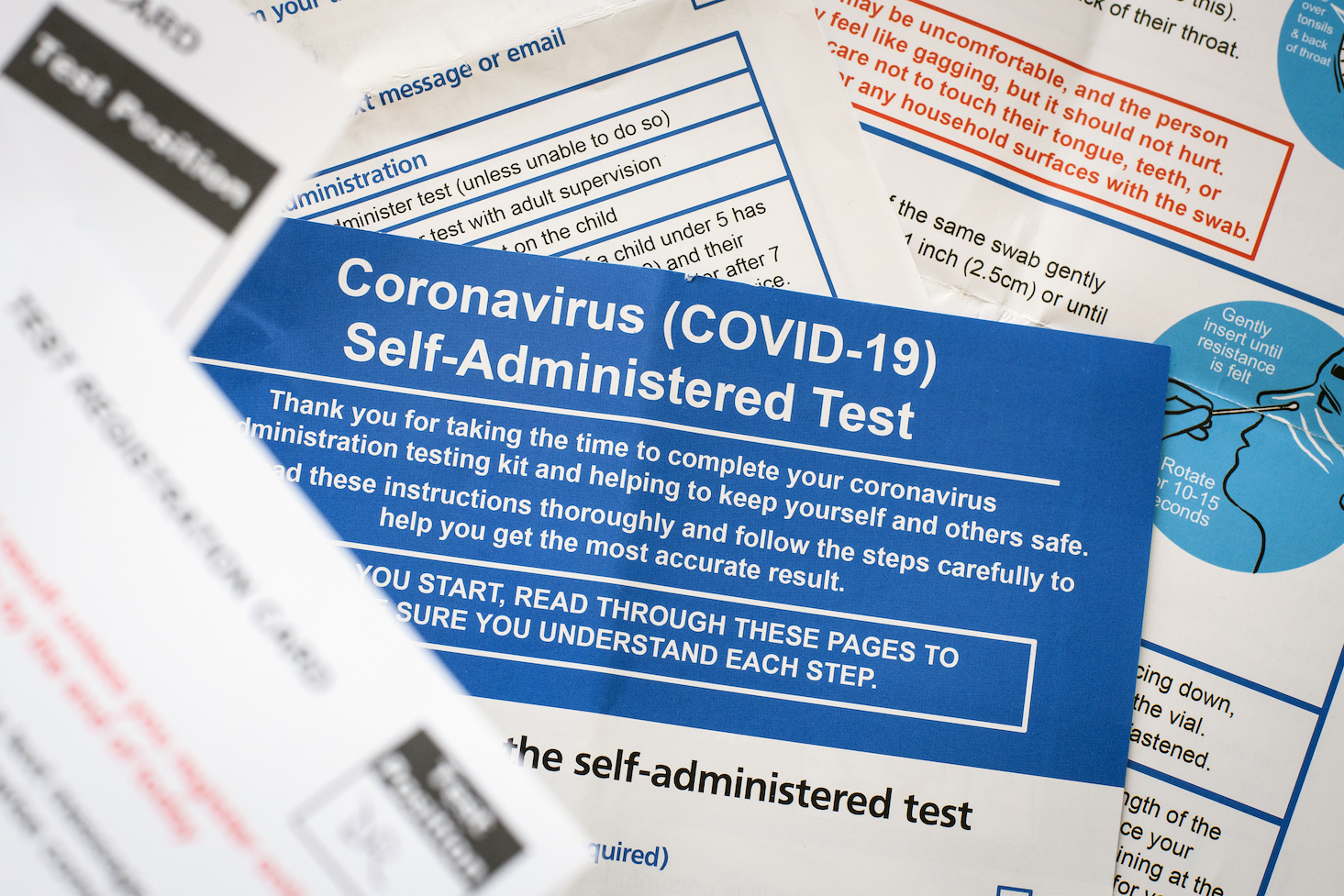How big a deal is long Covid and can it be treated? Opinions range from it being a serious impediment to the health of millions of those who suffered from Covid-19 to a figment in the imagination of the workshy. A study by the University of Oxford of a drug developed by US Pharmaceutical company Axcella Therapeutics may just help to shed some light. The drug, AXA1125, is designed to boost the performance of mitochondria, which generate energy for our cells and control the amount of inflammation in the body. It is believed that long Covid causes fatigue – among other symptoms – by inhibiting the mitochondria.
While a drug to treat fatigue would be welcome, there is also a potential use for a magnetic resonance test to measure mitochondrial function
A randomised, double-blind trial conducted by Oxford University, and reported in the journal eClinical Medicine, found that patients given the drug reported lower subsequent levels of fatigue than a control group which was given a placebo. All those who took part had been reporting feeling fatigued for 18 months previously. Given that around 10 per cent of people infected with Covid have reported suffering some kind of long-term symptoms, there is an obvious interest in a treatment. However, the Oxford study was tiny, involving just 41 participants and looked solely at fatigue rather than breathlessness and heart function which are also often reported as symptoms of long Covid. Therefore, it has a limited amount to say on the prospects of AXA1125 being an effective treatment.
Might such a drug succeed in reducing the very large number of people who seem to have disappeared from the workplace since before the pandemic? The IFS recently reported a shocking doubling in the number of people being put onto long-term disability benefits in the year to July 2022. There has also been a sharp rise in the sickness rate – the percentage of the workforce off sick at any one time – to 2.2 per cent in 2021. This was the highest rate since 2010 and partly reversed a downward trend which has lasted three decades. Given that the largest contributor to the increase in disability claims was mental and behavioural conditions – which accounted for 70 per cent of the increase among the under-25s – it seems unlikely that a drug which tackles fatigue will have much effect on these numbers.
But the Oxford study does reveal something interesting. Researchers used magnetic resonance spectroscopy to scan the patients’ calf muscles as they bent and straightened their legs, to test for a physical basis for their reported symptoms. While a drug to treat fatigue would be welcome, there is also a potential use for a magnetic resonance test to measure mitochondrial function. Might it one day be able to be used to detect whether a patient who is claiming symptoms of long Covid, ME or other conditions really is physically ill or whether they are inventing their symptoms?








Comments